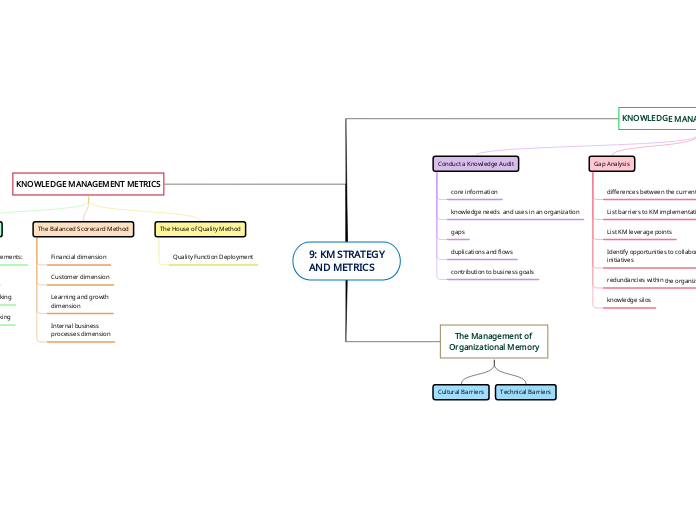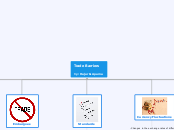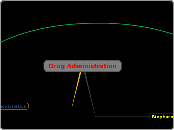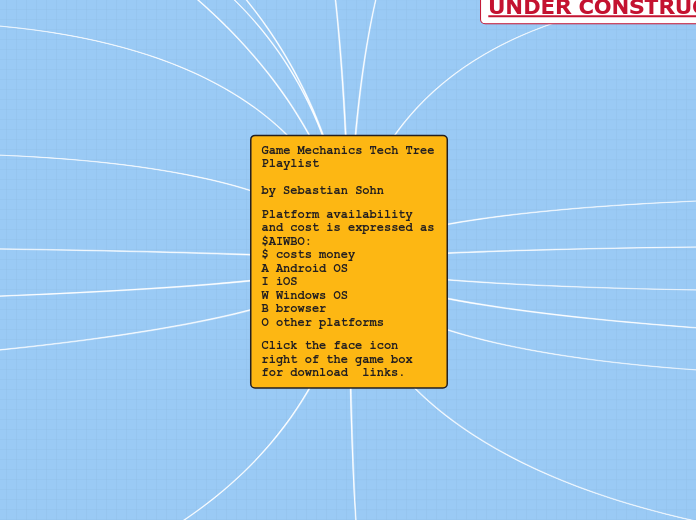9: KM STRATEGY
AND METRICS
Effective knowledge management is essential for organizations to leverage their intellectual assets and achieve strategic goals. The implementation of various metrics and methodologies, such as benchmarking and the balanced scorecard, helps in assessing and enhancing knowledge management practices.
Megnyitás
9: KM STRATEGY
AND METRICS KNOWLEDGE MANAGEMENT METRICS The House of Quality Method Quality Function Deployment The Balanced Scorecard Method Internal business
processes dimension Learning and growth
dimension Customer dimension Financial dimension The Benchmarking Method Competitive Benchmarking Cooperative Benchmarking Best Practice Studies: Industry Group Measurements: The Management of Organizational Memory Technical Barriers Cultural Barriers KNOWLEDGE MANAGEMENT STRATEGY The KM Strategy Road Map KM capability to sustained over the long term quick wins direct link between KM levers and business
objectives processes, people, products, services, organizational
memory, relationships, and knowledge assets explicit knowledge and tacit knowledge priorities how organization manage its knowledge Gap Analysis knowledge silos redundancies within the organization Identify opportunities to collaborate with other business initiatives List KM leverage points List barriers to KM implementation differences between the current and desired KM Conduct a Knowledge Audit contribution to business goals duplications and flows gaps knowledge needs and uses in an organization core information









